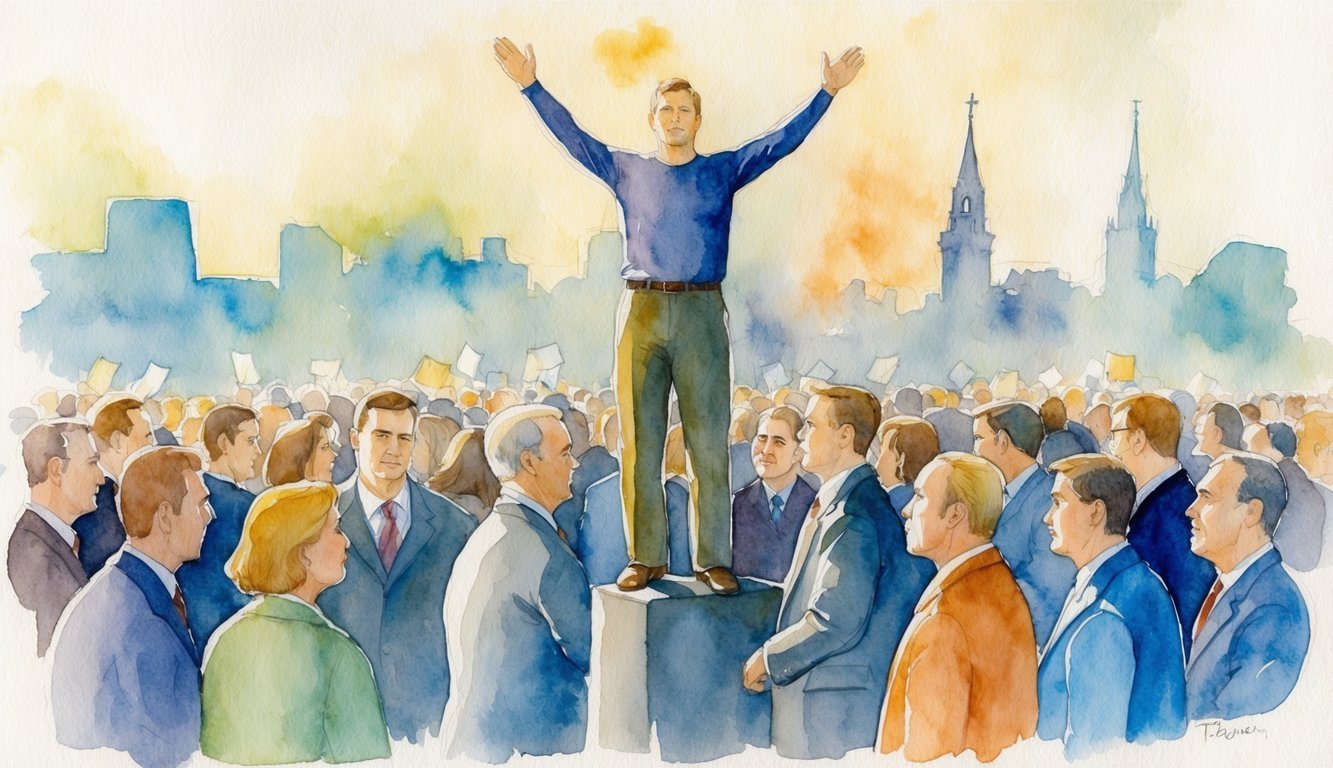PsychNewsDaily Publishers
100 Summit Drive
Burlington, MA, 01803
Telephone: (320) 349-2484
PsychNewsDaily Publishers
100 Summit Drive
Burlington, MA, 01803
Telephone: (320) 349-2484
New research finds that feelings of pride enhance motor skills, while embarrassment significantly hinders performance, especially in men.

Recent research from the University of Toronto’s Faculty of Kinesiology & Physical Education has uncovered a fascinating connection between body image and motor skill acquisition. Published in the journal Body Image, the study delves into how feelings of pride or embarrassment about one’s body can influence movement performance.
Participants were asked to recall a moment of either pride or embarrassment regarding their bodies before engaging in a motor task. The findings were striking: those feeling embarrassed performed significantly worse compared to those who felt proud. The researchers behind the study, including Jude Bek, a post-doctoral fellow, and Professors Catherine Sabiston and Tim Welsh, point out that negative emotions tied to body image can profoundly impair performance levels.
Interestingly, the research revealed that men tend to react more strongly to feelings of embarrassment than women. For men, embarrassment lengthened movement times, while for women, it more directly affected task accuracy. The researchers did not foresee this disparity, but it appears that women may have developed a resilience to body-related embarrassment, reacting less variably when faced with negative emotions about their bodies.
This work builds on previous research that linked body image to cognitive and motor performance. The main idea is that when people fixate on how they appear, their concentration shifts away from the task at hand, potentially undermining their performance. Sabiston previously noted how wearing tight or revealing clothing could also hinder motor skills compared to more relaxed attire. This new research opens a doorway to understanding how emotions influence physical performance in ways previously thought to be solely cognitive.
Past studies have shown that a negative self-image often results in decreased participation in sports and physical activities, stemming from a lack of motivation. The implications of this latest research stretch beyond the realm of athletics, hinting at possible impacts on academic performance as well.
The authors of the study are calling for more attention to male perspectives in body image research and suggest that coaches and trainers re-evaluate their feedback methods. If feelings of embarrassment can stifle learning and performance, they may also dampen an athlete’s enthusiasm for sports, undermining the myriad benefits that come from physical activity.
In summary, the importance of fostering a supportive environment in sports cannot be overstated. Coaches, parents, and guardians can play a pivotal role in creating a culture that emphasizes positive reinforcement instead of appearance. By shifting this focus, they can help nurture a more empowering atmosphere for all athletes, encouraging participation over discouragement.